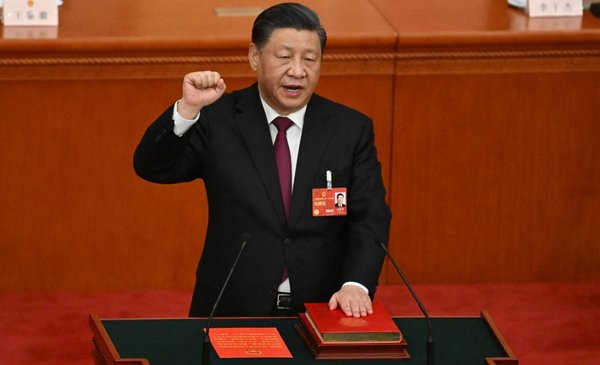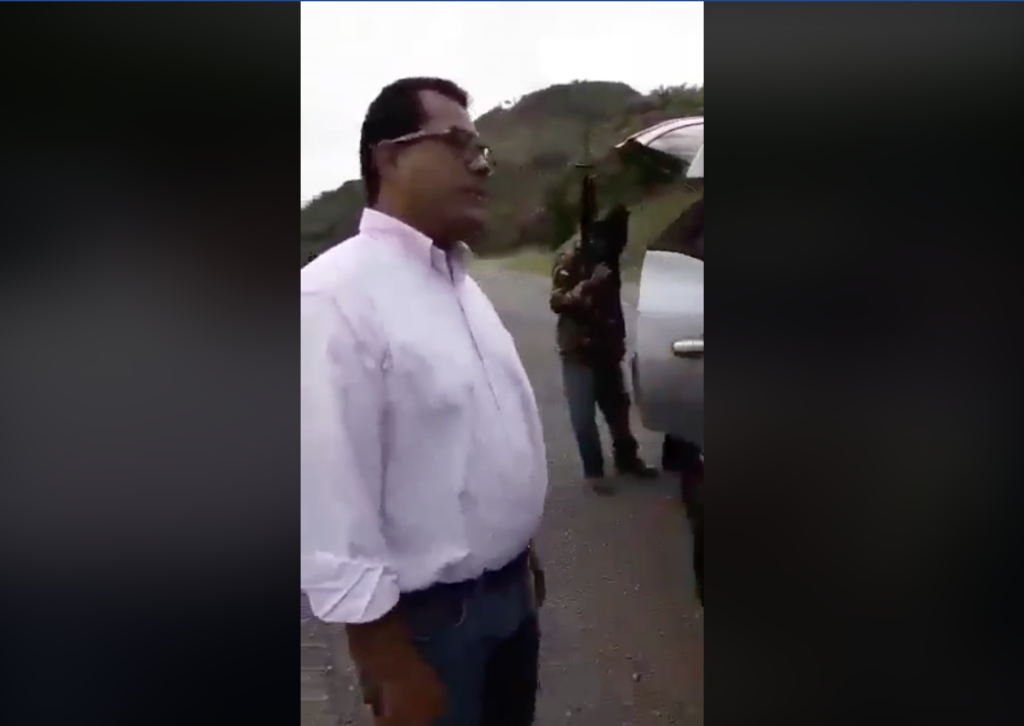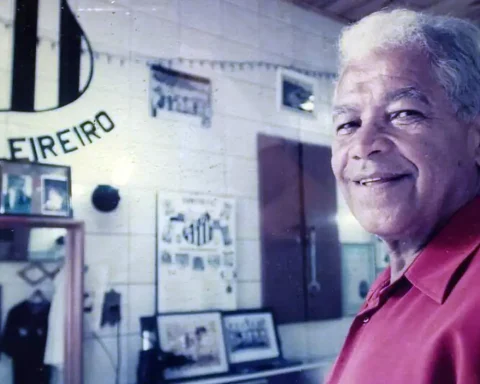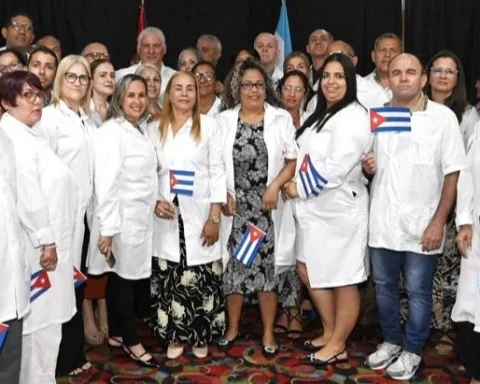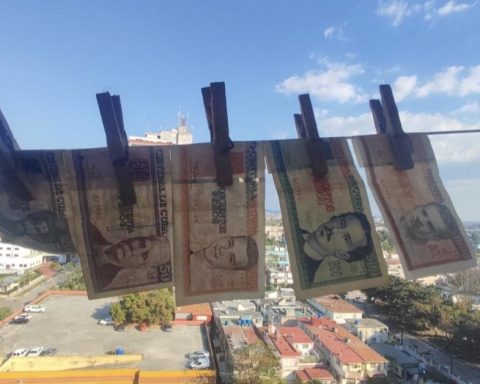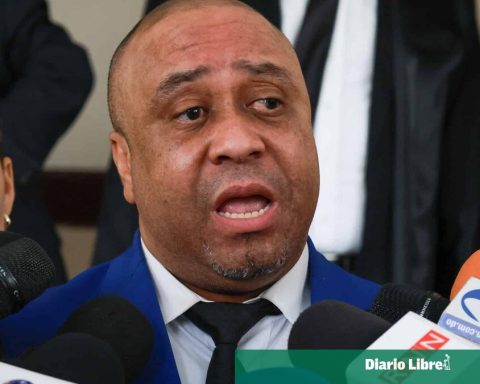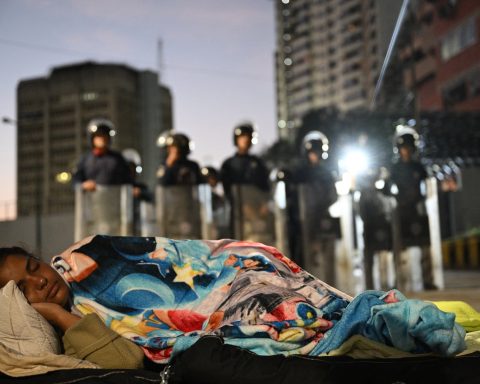An Argentine minister confirmed that his country will stop importing Bolivian gas from the beginning of 2024, sooner than anticipated. The announcement was made on the occasion of the recent inauguration of the Néstor Kirchner gas pipeline, which will take energy from the Vaca Muerta megafields to the province of Buenos Aires. In a matter of months, this pipeline will be able to inject close to 22 MMm3/day of gas into the Argentine market, a volume that already dwarfs the maximum average of 8.66 MMm3/day that Bolivia was able to send in this administration.
The loss of this market will have a significant impact on the income received by the central government, the producing departments, the municipalities and the country’s universities. For the IDH alone, the regions will lose more than 600 million dollars. And even if Brazil decided to buy the volume of gas that corresponded to Argentina, the income would be 27% less, due to the difference in prices, according to some analysts.
The current low production is a consequence of the application of mistaken hydrocarbon policies in recent years. Since the middle of the last decade, experts in the sector were already predicting that gas production would decrease, because it was not investing enough in exploration. When it was already evident that nationalization would not make Bolivia the energy center of the continent, the Government of Evo Morales created an incentive law in 2017 that did not produce positive results.
The oil companies did not believe in such incentives and YPFB did not do enough to find new fields with technical and not political criteria. It is known that exploratory tasks involve high risks and high costs, as well as the need to learn from mistakes. Far from recognizing this dynamic, the Government did not do better than to hide information when the results were not as expected. So much so that the certification of gas reserves was not carried out every year, as required by law, a situation that now forces the state oil company to work with data from 2018.
How can the course be corrected? It is not an easy task. The head of YPFB himself finds it unlikely that a new hydrocarbons law can be discussed and approved in the Legislative Assembly, given its high degree of polarization. But he does trust that new oil operators will join the exploration processes under more flexible conditions. For now, Yacimientos is carrying out, alone, a dozen projects at this critical stage.
It is urgent to reverse the downward trend in gas reserves. There are those who even doubt that Bolivia has enough to supply the internal market and point to the prolonged suspension of production of the urea plant, which works with this type of energy, as proof (the official voice assures that it is a stoppage programmed by maintenance).
If Bolivia does not get close to the production projections it had when everything was going from strength to strength –a level that these days should have reached 27 MMm3/day–, it simply cannot be a reliable supplier for the only market that remains available. , which is Brazilian. At the rate we are going, Argentina will end up covering that demand, and it will do so through the same Bolivian pipeline, now flowing in the opposite direction. There will be no way to avoid it, since the gas from Vaca Muerta can reach the Mercosur countries through other gas pipelines.
The time has come to face a very adverse reality and it must be done with the greatest honesty and transparency. Because if Bolivia cannot recover its competitiveness in energy matters, it will be necessary to think about alternative sources of income. Many national programs depend on it.












